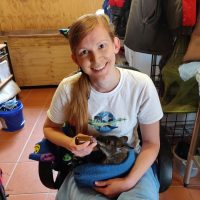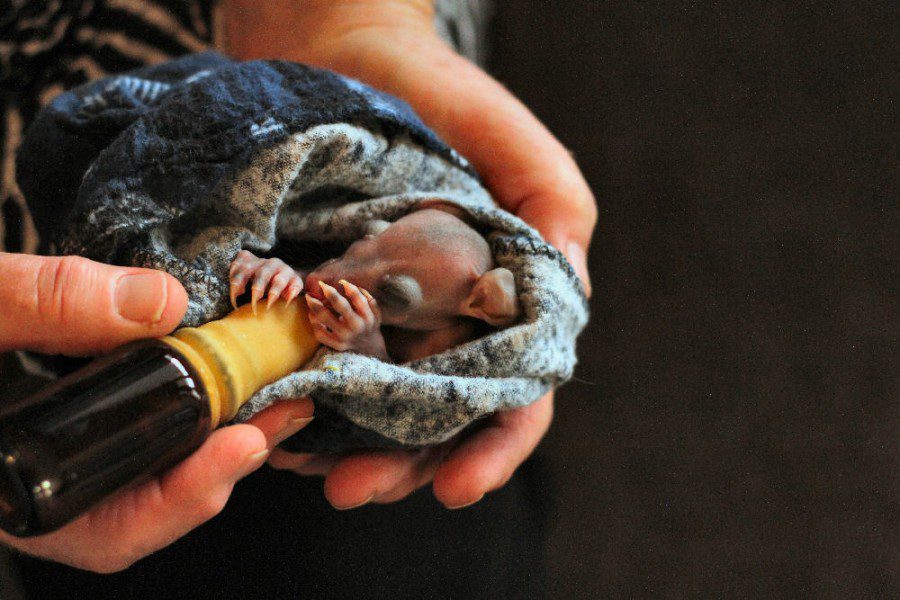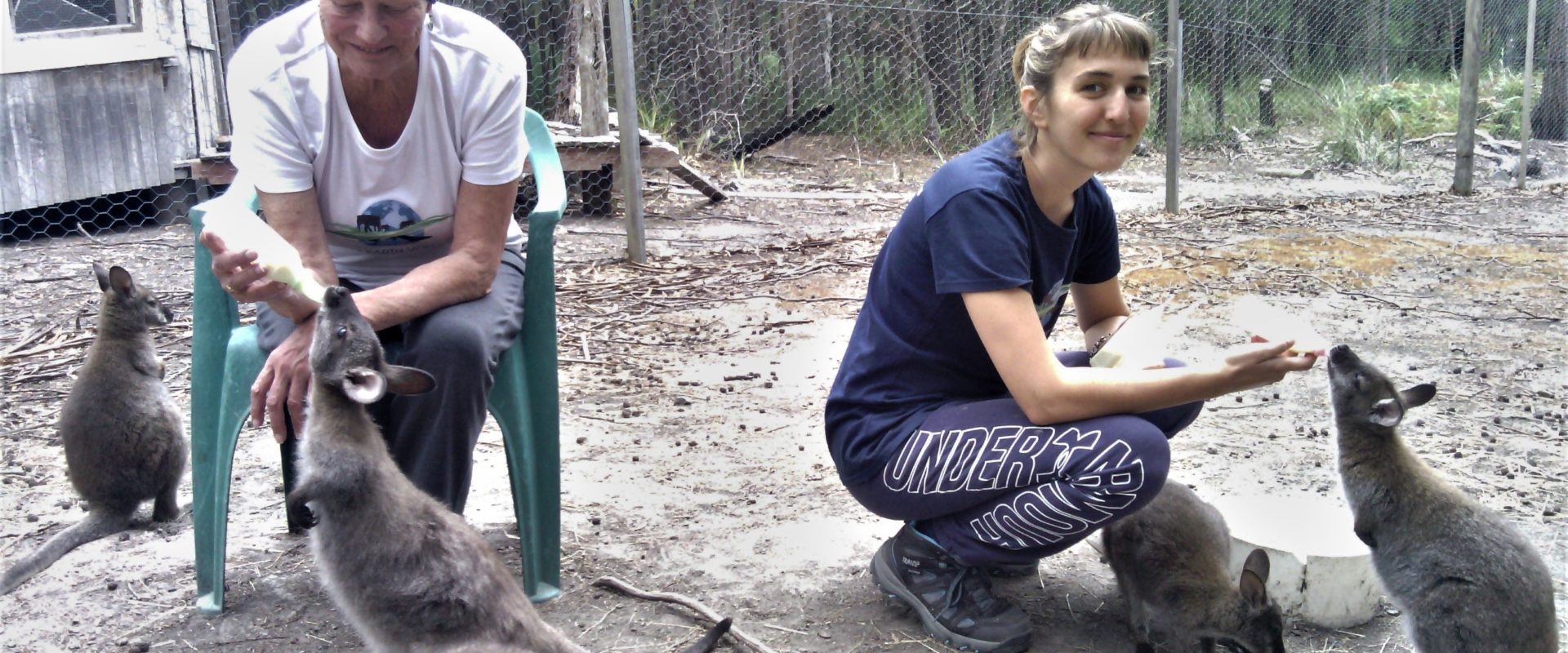Tasmanian Wildlife & Penguin Care
This Tasmanian wildlife shelter is the temporary home to a variety of Australian animals who are sick, injured, displaced and orphaned seeking refuge and care. Only moments from conservation areas and forest …
Coastal Tasmania, Australia
This Tasmanian wildlife shelter is the temporary home to a variety of Australian animals who are sick, injured, displaced and orphaned seeking refuge and care. It is situated only moments from conservation areas and forest reserves and welcomes all types of animals and marine life such as wallabies, pademelons, echidnas, wombats, penguins, sugar gliders and even Tasmanian devils!
The aim of the shelter is to release as many native animals as possible back into the wild, so when animals are rescued or brought into the sanctuary, they can receive medical care and recover before being returned to their natural habitat. Care encompasses bottle feeding babies, exercising animals, administering medication and providing a nurturing environment as many very young joeys respond to cuddles like all babies. The animals are dehumanised before release.
Carers also raise baby Tasmanian devils, however these animals are under the direction of the Government’s Save the Tasmanian Devil Program (STDP), the official response to the threat of extinction of the Tasmanian devil due to Devil Facial Tumour Disease (DFTD). Little Blue Penguins and Fiordland Crested Penguins are most likely in care from December to April but this changes every year due to climate change. They also take into care unwanted preloved companion and aviary birds and rehome them.
Volunteer contributions go towards animal care, the day to day running of the shelter and the upgrading of the facilities.
Volunteers play a vital role in helping the shelter care for animals, marine life and birds. There is so much to do, it takes a small army to get through all the tasks.
Your donation helps with animal medicine and supplies, updating existing facilities and building new enclosures such as the pre-release area which is a “safe” area where recuperating wildlife can move about safely building strength and skills such as how to move and forage, before being released back into the wild.
Volunteers begin with a 6am bottle for the younger animals and complete tasks until approximately 8am. After breakfast, volunteers complete more bottle rounds, enjoy a coffee break and work until lunch. After the third bottle round of the day, volunteers finish at around 3pm. The afternoon is spent relaxing.
Other activities include capturing injured wildlife, cleaning cages & enclosures, providing enrichments, harvesting/collecting food for the animals, environment re-establishment (after wombats are released), holding an animal during a medical examination (training given), helping catch a wombat or a wallaby (training given), laundry duties and tree planting.
Volunteers compost and garden to provide food for the animals in care as well as care for the vege garden which the volunteers can eat from. Chooks are fed, watered and eggs collected and there is the unloading of bulk pellet deliveries (20 kg sacks every 6 weeks).
There is close contact with the animals through the bottle feeding of the baby animals.
Carers conduct basic medical procedures like injecting under advice from the vet such as wound cleaning, mange spraying, oral medication administration, rehydration via subcutaneous injections, tube feeding and crop needling of birds. Vet students may have the opportunity to observe or assist with these tasks.
Minimum age requirement is 18 years of age.
You must be fit and have the ability and willingness to work in the heat or the cold (depending upon the season).
Be prepared to do physical work and know that some animals do not survive their injuries.
Every day, all year.
2 week minimum.
7 days a week.
Shared cabin with kitchenette and bathroom for up to 3 people.
Volunteers prepare their own breakfast and lunch in their private kitchenette. Dinner is prepared by one of the carers with the help of the volunteers. Some nights are set aside for volunteers to cook their favourite or traditional meals for everyone which forms a basis for some great conversation. There are chooks onsite, therefore volunteers are welcome to fresh organic eggs. Volunteers can go into town to purchase snacks and drinks.
From AUD $110 a day
| Duration | Cost (AUD) |
|---|---|
| 2 weeks | $1540 |
| 3 weeks | $2310 |
| 4 weeks | $3080 |
| 5 weeks | $3850 |
| 6 weeks | $4620 |
| Additional weeks | $770 |
What’s included:
-
Pre departure support
-
Project Information Pack
-
Return transfers from Bicheno to the project
-
Accommodation
-
Meals
-
On the job training
-
O2E t-shirt
-
24 hour in country support
-
24 hour O2E emergency phone
-
Certificate of participation, if requested
*Please note some items are not included in the project fees listed above, such as flights, visas, vaccinations, travel insurance, snacks, spending money, local transport, in-country tours and return airport transfer (unless mentioned above). Please note that prices are subject to change without notice. Please ensure you have read the O2E Volunteers Terms and Conditions.

Marta B.
Namibia
"Passionate people dedicated to animals,
beautiful landscape..... you cannot not love
it and take it in your heart "
HOW TO GET STARTED




